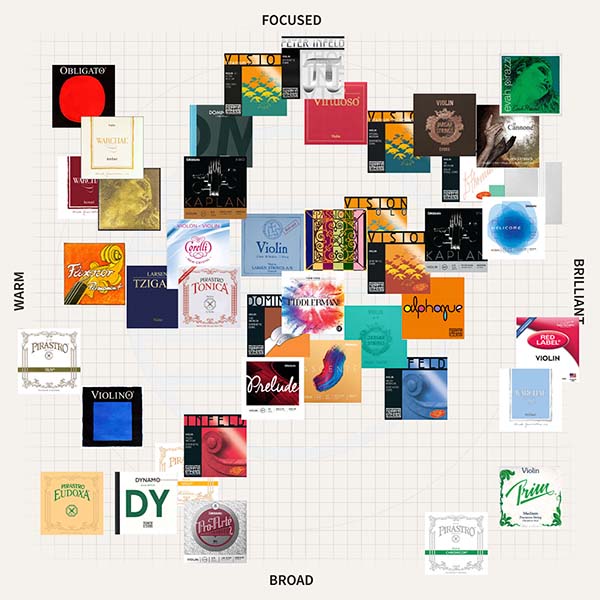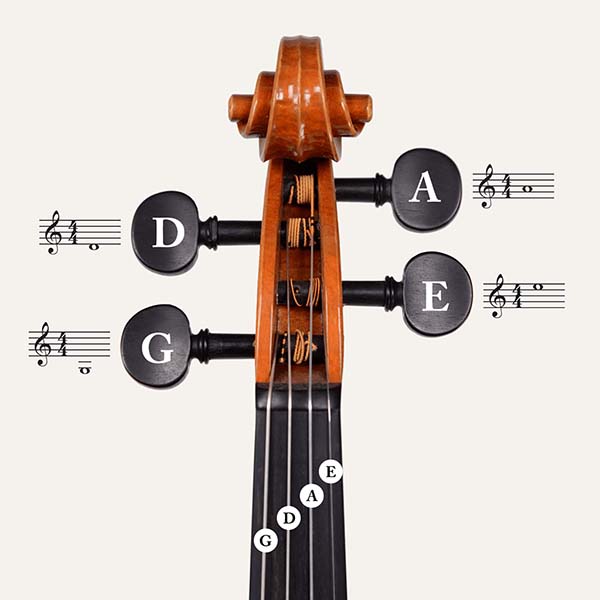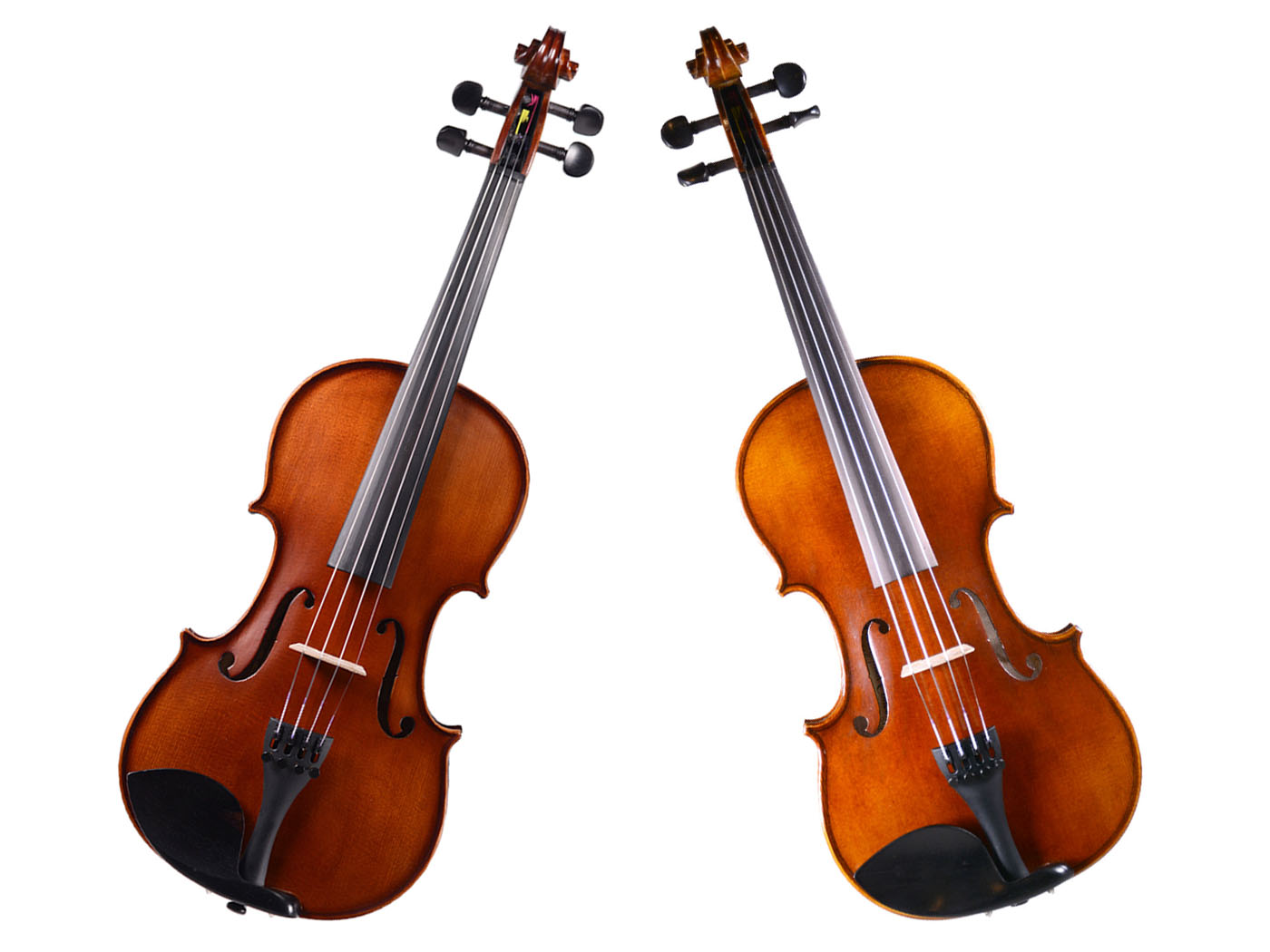By Jasmine Reese - What is chamber music?
If it's your first time seeing the term, the image of a group of musicians, huddled together in a small space might pop into your mind.
A disaster ensues! The tips of bows begin hitting unsuspecting stand partners in the face.
Or, maybe, you envision a composer feverishly scribbling away on manuscript paper in a dark dungeon-like room where only a single candlelight shines and inspiration visits constantly -- like an old friend.
Well, both situations are wrong albeit dramatic.

In the 18th century, composers such as Wolfgang Amadeus Mozart and Franz Joseph Haydn began to pump out a plethora of works for small ensembles of three and four instrumentalists (aka trios and quartets). The intention was to provide music in a more intimate setting with a smaller ensemble and audience alike.
Little musical groups of three, four, or five musicians hosted in a palace chamber became all the rage back-in-the-day -- like the boy and girl groups of the instrumental world.
[To the right, Hadyn plays quartets with other musicians.]
However, chamber music has survived years of transition from the classical period all the way to modern. It still serves the same purpose of bringing people together to enjoy music.
Chamber music, then, proves quite beneficial to the everyday student, amateur, and professional musician. But why? There are a few reasons.
1. Music for All Levels and Instruments
Whether you play the violin, viola, cello, double bass, flute, piano, xylophone, etc, you will find a chamber music arrangements out there for it.
If you're just beginning an instrument, you probably already got a taste of it from your teacher, playing duets or maybe a trio out of your first method and tune book.
That means all levels and instruments can join in the fun of chamber music.
2. Communication and Collaboration
Chamber music means coming together with a couple of other musicians and brainstorming ways to best serve the repertoire.
Each individual is important. In an orchestra, you will find you can hide behind several other instrumentalists in your section, but not in a chamber ensemble. You have your own unique part. Therefore, you have to hold a discussion with your fellow group members on how to weave the harmonies and melodies of each part together.
This also means each member is a principal musician. At different points in the music, every voice has to help the group stick together and perform at the highest level.
3. Hone Your Performance Skills
On one end of the spectrum, you have solo recitals, and at the other end, you have orchestra/band concerts. Chamber music is a middle ground.
Solo recitals offer a great opportunity to work through nerves and learn the art of performance. However, for some, this might be a very intimidating situation. If you get lost, tremble, or experience some other common malfunctions, you can't hide behind other people or listen for a way to fall back in line.
In an orchestral concert, you don't really learn how to perform solo since you are acting as a unit with other section members. Therefore, your nerves and adrenaline might not activate as much in this atmosphere, especially with all your peers on stage with you.
However, in a chamber group, you learn to perform with your own individual voice, while also having the support, accompaniment, and musical responsibility of your fellow musicians.
In this way, you learn to play as if you're a soloist, but not really.
Watch the video below to see musicians of various levels come together to perform a piano trio for the first time.





